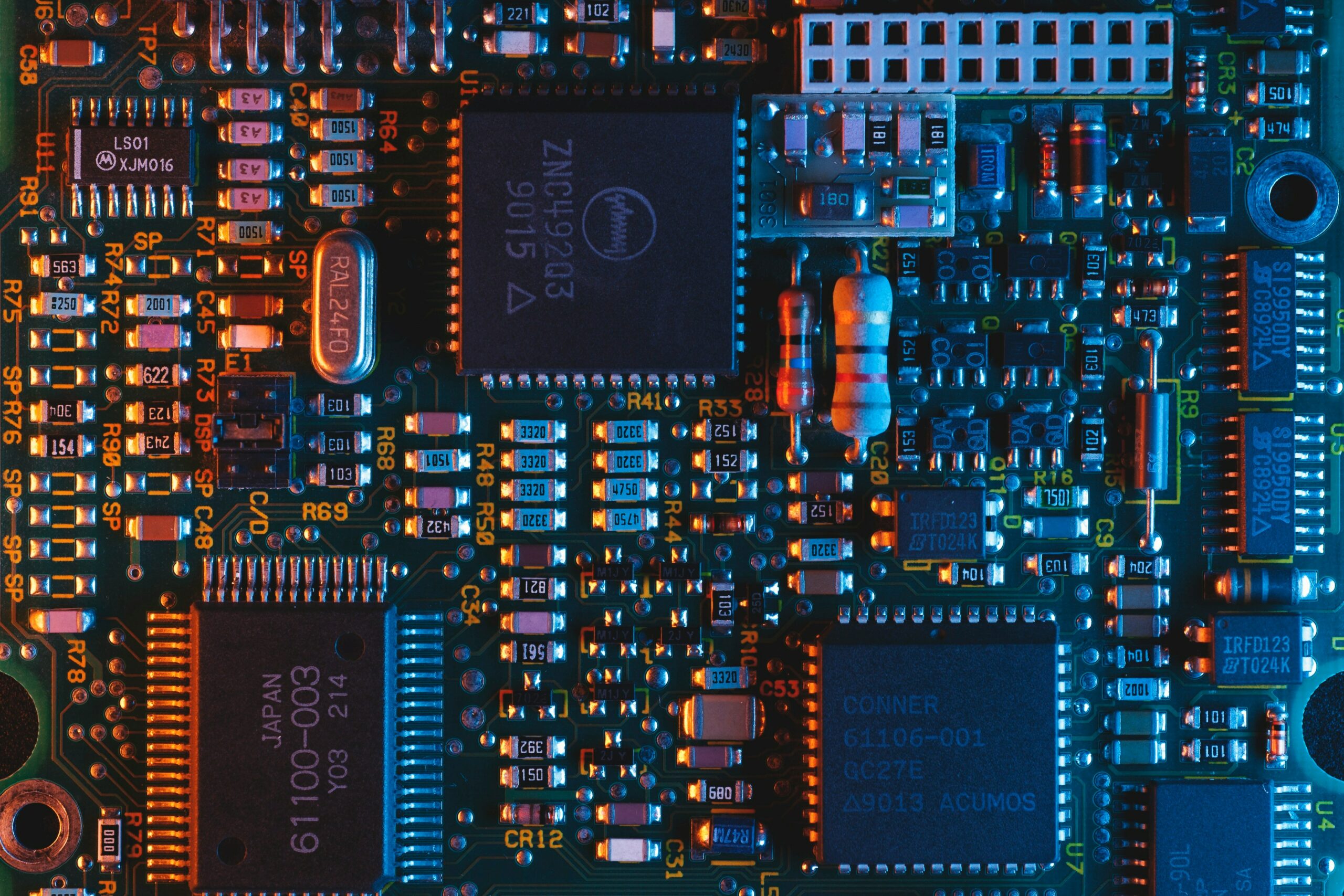“How can my company be quantum ready?”
In the last week, Engineering at Meta recently released a podcast episode exploring their preparation to answer this very question. Quantum readiness describes the ability your business to handle future developments in quantum computing. The excitement surrounding quantum computing has focused on its advantage over classical computers. So how worried should you be about being quantum ready?
What’s the worry about quantum?
For the majority of the tens of millions of businesses in the United States – and hundreds of millions around the world – most are not exclusively “quantum” companies. That is, their work does not directly involve quantum computing.
So why care?
Your company data is protected by encryption protocols, kind of like a lock-box for sensitive information. Researchers build these lock-boxes based on hard to solve mathematics problems. For many encryption frameworks, the difficulty of this math problem is dependent on how hard it is to factor prime numbers. Current classical computers are like ramming rods and attempt to brute force their way through solving these problems. Quantum computers, on the other hand, bring a bobby pin (or paper clip) to pick their way through the lock. As proposed by Peter Shor’s algorithm for prime number factorization, the process becomes much more efficient and precise, although it is not yet perfect.
At the moment, this quantum lock-picking bobby pin is still in the making. On one hand, researchers have a theoretical idea of what the bobby pin will look like. On the other, they lack the manufacturing machines – the computer hardware – to make this bobby pin a reality at a realistic size.
In spite of this roadblock, companies around the world fear the “store now, decrypt later” (SNDL) scheme. In SNDL, malicious hackers simply obtain the encrypted data and hold onto it until they have the tools needed to break into this lock box.
Preparing Your Team To Be Quantum Ready
To become quantum ready, the cryptography community has been pushing hard to develop post-quantum cryptographic protocols. On August 13th, 2024, the Secretary of Commerce has approved three Federal Information Processing Standards (FIPS) that define post-quantum cryptography. These standards specify schema that define the standards for safer cryptographic methods that can stand against quantum computers.
However, the final specifications for the post-cryptographic algorithm has not yet been released, and researchers and companies across the United States are sitting on the edge of their seats awaiting this announcement. At the moment, Kyber, a key encapsulation mechanism, has been chosen by the National Institute of Standards and Technology, but the version presently known is considered a prototype protocol.
For companies with an investment in protecting their personal clients’, employees’, and investors’ data, efforts towards being quantum ready have already been made. Many maintain an awareness of the news going on in this tech ecosystem, which will go a long way. Furthermore, preliminary small-scale attempts at incorporating the encryption method with the various parametrizations of Kyber have been interest, including to Meta.
If a cybersecurity specialist team is not possible for your team, then a closer look at the resources required and emerging companies with post-quantum cryptography-based services will be an alternative way forwards.
Nonetheless, developments in this area are exciting. Being quantum ready continues to have its hold on the future of all companies.
Want to know more?
See also:







